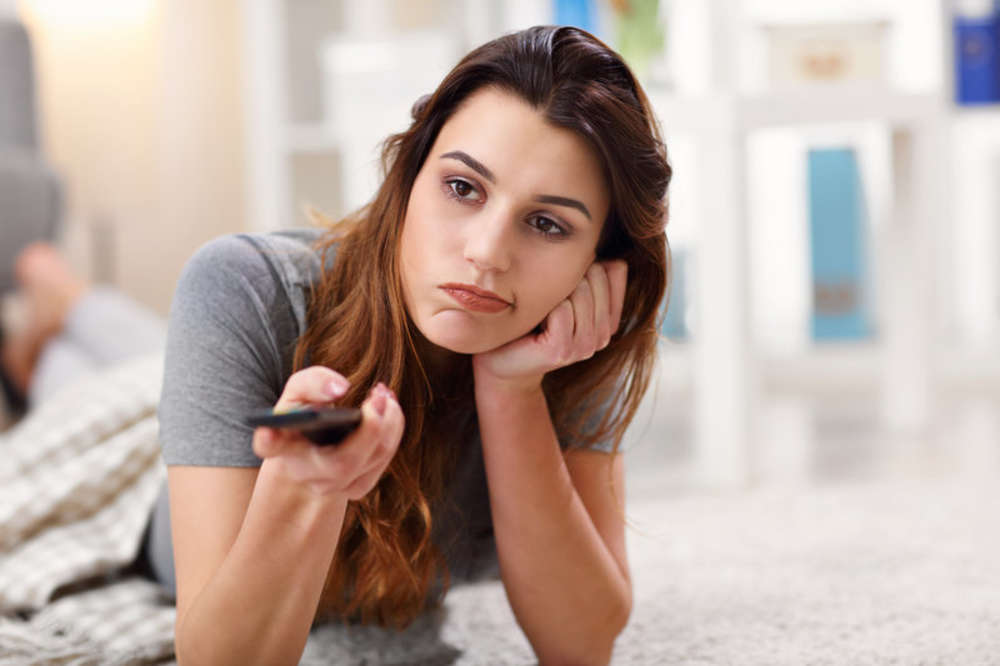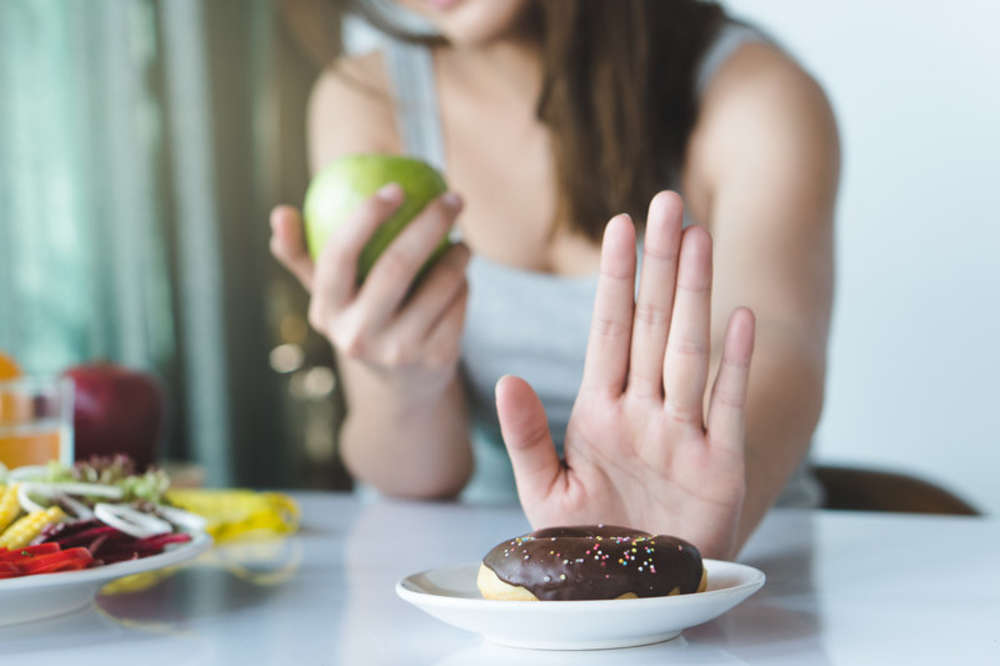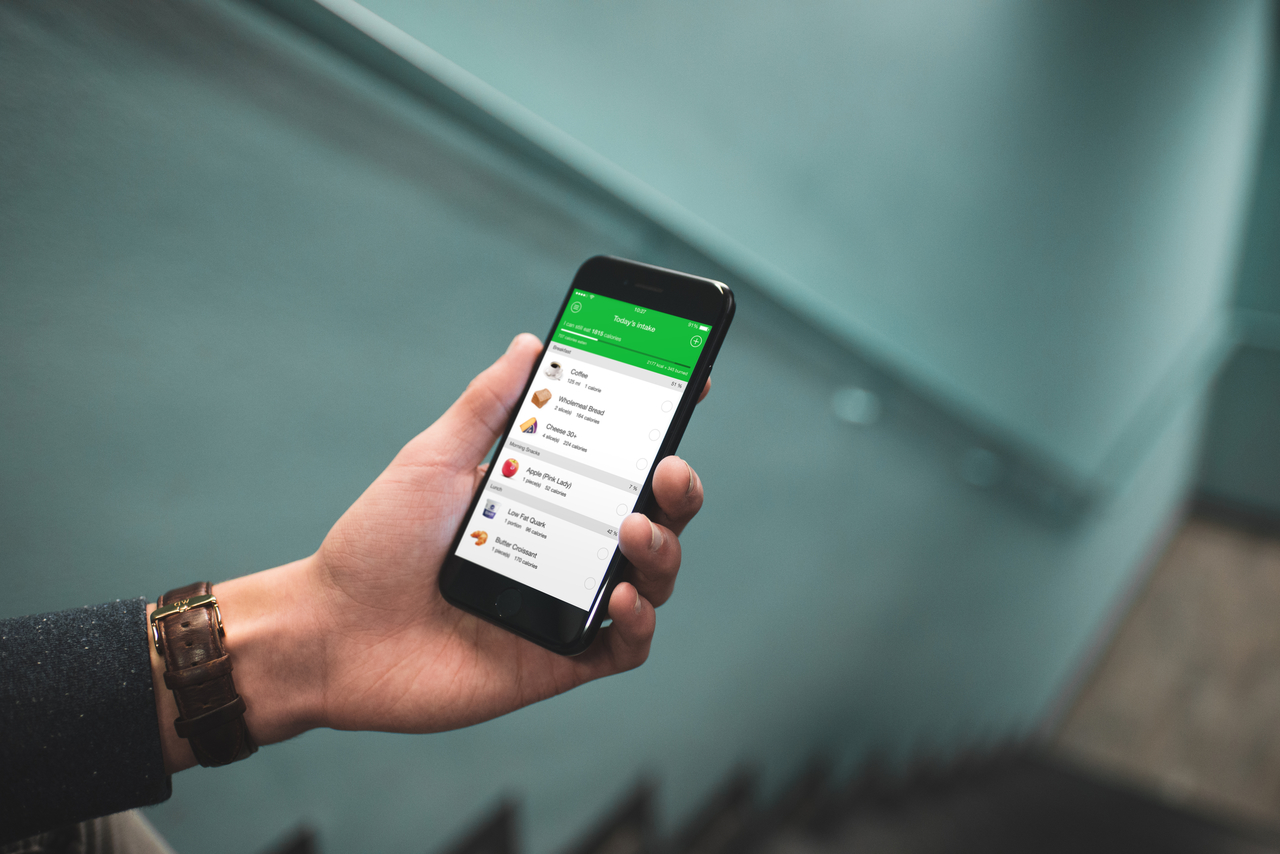If there’s one thing fitness professionals and their members can both relate to, it’s trying to figure out how to stop stress eating during lockdown. When our fridges are located less than a few metres from our workspaces, it’s no wonder we’re more inclined to snack more throughout the day.
Not to mention the fact that when we’re stressed, nothing seems quite as soothing as that jar of Nutella in the cupboard.
This article will provide the tips that you can pass on to your client (and use yourself) for understanding how to avoid stress eating during social distancing, and what to do instead of emotional eating.
How is eating tied to emotions anyway?
It’ll come as no surprise that eating is tied to emotions - and that there’s a reason you can’t stop stress eating during lockdown. Being in any kind of mood can impact the choices we make when it comes to food.
But in particular, having negative emotions and wanting to reach for fatty, sugary treats seem to go hand-in-hand. Combine this with the boredom of being stuck inside all day and you have a recipe for eating unhealthily.
[caption id=“attachment_11508” align=“aligncenter” width=“800”]
 Kamil Macniak || Shutterstock[/caption]
Kamil Macniak || Shutterstock[/caption]
Speaking with The Atlantic, Dr. Leigh Gibson, a psychology professor at the University of Roehampton says it’s all down to evolution. Early humans didn’t worry about eating healthily, they only had to survive into their mid-twenties and reproduce.
“We were just getting energy, protein, the basic nutrients we needed, but we didn’t have to live too long. Healthy eating is a modern, cultural thing that we now need, because we’re living so long… You could almost say the default is comfort eating.”
We often use food as a way to find short-term happiness and suppress any feelings that we don’t enjoy. There’s a reason that we call it comfort food. But the good news is that simply by bringing more awareness to the way that you eat can help you improve your lockdown habits.
How to control stress eating
It’s important to let your client know they should not feel guilty about their eating habits. Comfort eating and stress eating are normal and natural responses - especially at times like this.
But if your client’s new eating style is making them unhappy, exacerbating their stress and derailing their fitness goals then the first step is noticing that behaviour and making the effort to try and adjust it.
Some methods for helping your clients to stop stress eating and enjoy foods that reduce stress and anxiety include these three tips to stop stress eating:
1. Keeping a food diary
When we graze a lot throughout the day, we often don’t truly realise how much we’re consuming. The best way to stay on top of this is by getting your clients to write down everything they put in their mouths.
Make this easier by providing them with a nutrition app like Virtuagym’s food tracking app . It can be branded to your gym or studio and tied to your complete software plan. This will help you track macro and micronutrients and see exactly how many calories you are inputting per day.
2. Encourage them to keep working out
The more your clients are working out and paying attention to their health, the less likely they’ll be to indulge in unhealthy foods. It will keep them out of the lockdown mindset and more focused on their health goals.
Again, this is where a software provider can come in handy. You can provide your clients with a fitness app that gives them access to unlimited workouts via video streaming and a virtual trainer.
You should also try to encourage them to take time out for themselves to relax and destress. This is a stressful time for everyone and it’s more important than ever to invest in ourselves.
Ask them how they unwind - it could be by reading a book, swapping HIIT for a yoga session or even taking a day or two off their health-kick to indulge in a day of Netflix.
3. Get them to ditch the unhealthy stuff
If possible, check-in with them daily to ensure they are staying on track. Offer support and guidance, bespoke advice and links to helpful resources. The best way to avoid eating all of the sweet snacks in the cupboard? Not to have them there in the first place.
Right now we should all just be heading to the supermarket once a week - so tell them to avoid buying any fatty, sugary or over-processed food while they’re there. Encourage them to swap the high-calorie snacks for fruit or veggies, or any other stress relieving foods.
What to do instead of emotional eating
In usual times, the best advice for avoiding emotional eating would be to keep busy and keep moving. Right now, that’s a little harder - but it’s still something we should try and work towards.
Encourage your clients to keep busy. That could be by undertaking art projects, throwing themselves into their work, or setting little reminders to get up and walk around the room. In this way they can keep their minds distracted and focused on things that aren’t stress or binge eating.
[caption id=“attachment_11504” align=“alignnone” width=“800”]
 Pormezz || Shutterstock[/caption]
Pormezz || Shutterstock[/caption]
If they’re really struggling, encourage them to reach out for you for help whenever they need it. If they have shared that they always tend to snack at about 3pm in the afternoon.
Send a message at 2.45, checking-in and telling them how amazing they are doing. If they’ve already started stress eating? Reassure them that this is completely fine. It happens and it’s nothing to feel shameful about.
Ultimately, when it comes to stress eating during lockdown it’s about showing ourselves a little kindness. Pay attention to your body and the way it feels - if it wants a snack, indulge it.
But really question whether you want it or if your body is screaming out for a distraction from boredom or stress.
Download our free app to track food calories and keep up with meal plans here:




